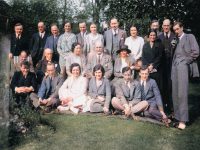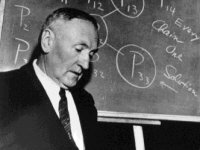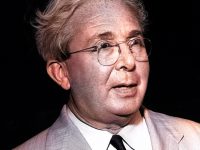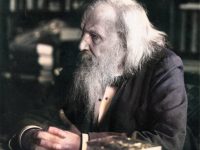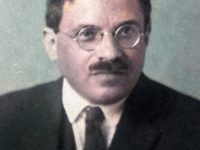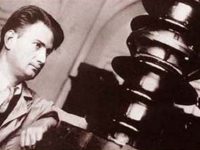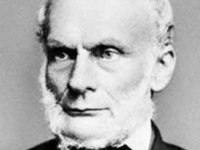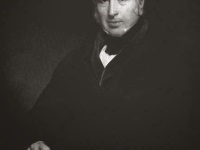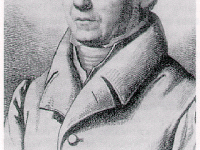George Gamow and his fundamental Views on the Foundations of Science
On March 4, 1904, theoretical physicist and cosmologist George Gamow was born. He was an early advocate and developer of George Lemaître’s Big Bang theory. Besides his contributions to physics, in his middle and late career, Gamow focused more on teaching, and became well known as an author of popular books on science, which are still in print more than 50 years after their publication. “There was a young fellow from Trinity,…
Read more

